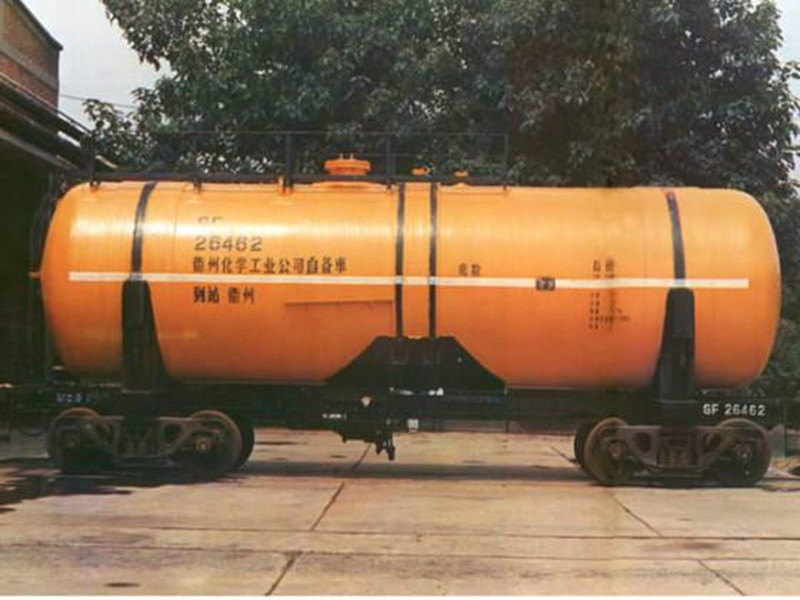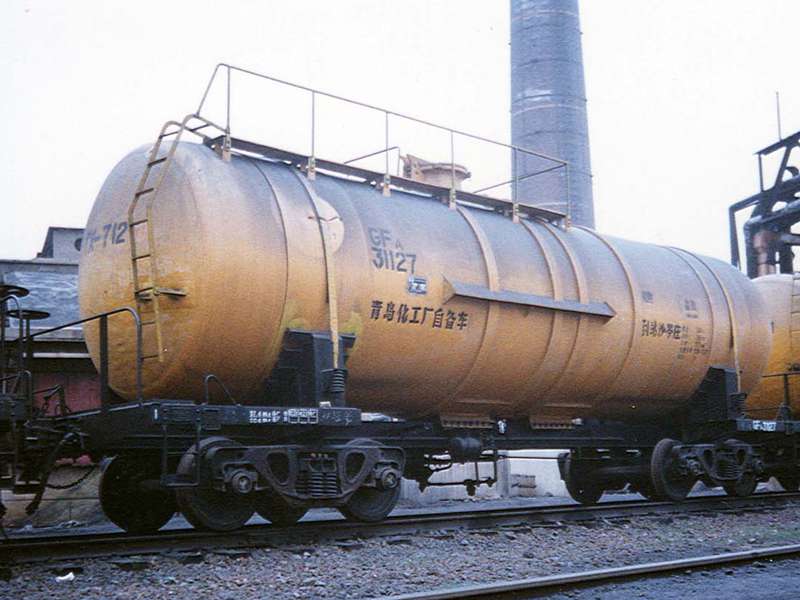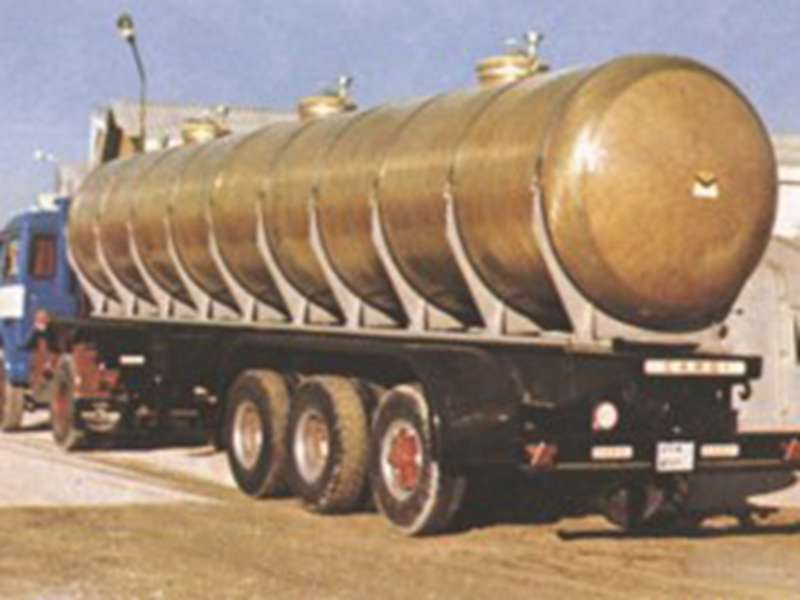Revolutionizing Industrial Transport with Advanced FRP Technology



Transport Tanks by JRAIN FRP represent a breakthrough in chemical logistics. Fiberglass reinforced plastic (FRP) transport tanks are engineered for safe transportation of aggressive, corrosive, or ultra-pure media across road, rail, and maritime networks. Utilizing computer-controlled helix winding technology and hand lay-up for specialized configurations, these horizontal tanks with reinforced saddles deliver unparalleled performance in demanding industrial applications.
| Parameter | FRP Transport Tanks | Stainless Steel Tanks | Polyethylene Tanks |
|---|---|---|---|
| Corrosion Resistance | Excellent | Good | Variable |
| Weight Capacity Ratio | 1:15 | 1:8 | 1:5 |
| Maximum Temperature | 160°C (320°F) | 1200°C (2192°F) | 80°C (176°F) |
| Chemical Compatibility | 300+ Chemicals | 250+ Chemicals | 100+ Chemicals |
| Life Expectancy | 25+ Years | 15-20 Years | 10-15 Years |
| Installation Flexibility | Modular Design | Welded Construction | Limited Configurations |
Industry Technology Evolution and Performance Metrics
According to the Global Industrial Tank Report 2023, FRP transport tanks have demonstrated 40% lower maintenance costs compared to metallic alternatives in chemical transport applications over a 10-year period. The enhanced corrosion resistance of fiberglass tanks significantly reduces the risk of hazardous material leaks during transit.
Industrial Application Environments
Transport tanks serve critical functions across multiple industries:
Chemical Processing
FRP transport tanks transport concentrated acids, alkalis, and solvents without degradation. The non-reactive nature of fiberglass ensures product purity in sensitive processes.
Water Treatment
Ultra-pure water transport requires non-contaminating vessels. FRP tanks prevent iron leaching and bacterial colonization common in metallic alternatives.
Food & Beverage
For edible acid transport including citric and phosphoric acids, NSF-certified transport tanks maintain flavor integrity and comply with food safety regulations.
Studies conducted by the Composites World Institute demonstrate FRP tanks offer 85% better fatigue resistance than steel alternatives in vibration-intensive transportation scenarios.
FRP Transport Tanks: Technical FAQ
Industry Trends and Future Developments
The global market for transport tanks is projected to reach $12.8 billion by 2028, with FRP solutions growing at 7.2% CAGR according to Chemical Processing Magazine. Key innovations include:
- Real-time structural health monitoring sensors
- Self-healing resin systems for extended service life
- Lightweight hybrid composites (carbon fiber/FRP)
- Smart tank systems with automated chemical compatibility verification
Engineering Insights
"The adoption of computer-modeled laminate schedules has revolutionized transport tanks design," explains Dr. Helen Reinhardt, Materials Chair at the International Composites Council. "Modern finite element analysis allows engineers to optimize fiber orientation for specific chemical exposures and mechanical stresses, yielding 40% longer service life than legacy designs."
Compliance & Safety
All JRAIN FRP transport tanks meet DOT 407, ADR/RID, and IMDG certification requirements for hazardous material transport. Our quality management system is certified to ISO 9001:2015 with supplementary ASME RTP-1 accreditation.























































































































